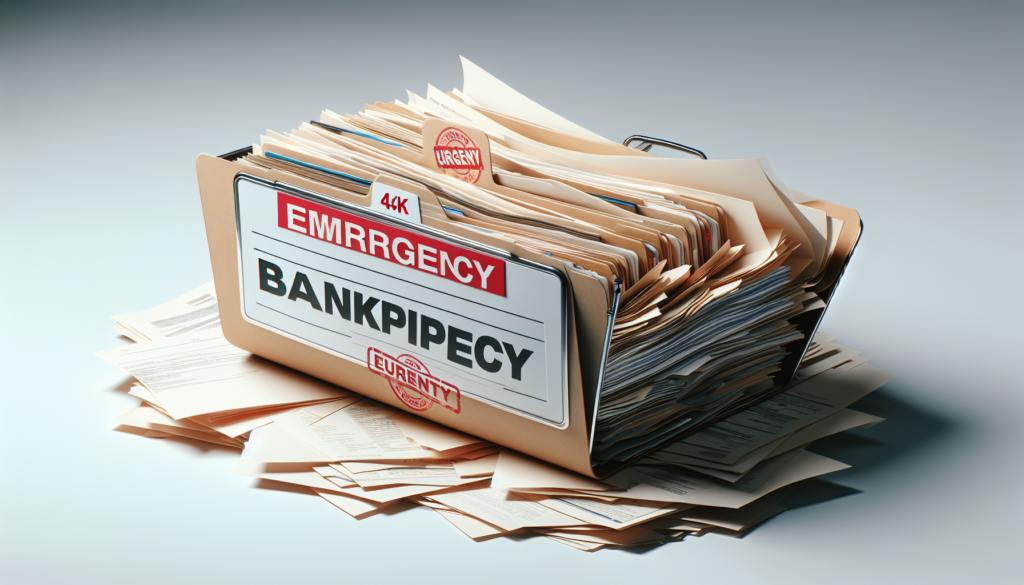
Deciding between Chapter 7 and Chapter 13 bankruptcy is a significant decision that can impact your financial future. Understanding the nuances of each option is crucial to making an informed choice that aligns with your financial situation and goals. Here’s an in-depth look at how to determine which bankruptcy chapter is best for you.
Understanding Chapter 7 Bankruptcy
Chapter 7, often referred to as liquidation bankruptcy, is designed to discharge most of your unsecured debts, such as credit card debt and medical bills. Here’s what you need to know:
- Eligibility: To qualify for Chapter 7, you must pass the means test, which compares your income to the median in your state for your household size. If your income is below the median, you’re likely eligible.
- Asset Liquidation: Chapter 7 may involve the liquidation of non-exempt assets to pay creditors. However, many states have exemptions that protect essential assets like your home, car, and retirement accounts.
- Quick Process: Chapter 7 is relatively quick, typically taking 4-6 months to complete, allowing for a faster discharge of debts.
- Discharge of Debts: Most unsecured debts are discharged, but certain obligations like student loans, child support, and alimony typically cannot be eliminated.
Understanding Chapter 13 Bankruptcy
Chapter 13, known as reorganization bankruptcy, allows you to keep your assets and reorganize your debts into a manageable repayment plan. Here’s what to consider:
- Regular Income Required: Chapter 13 is designed for individuals with regular income who can commit to a repayment plan over three to five years.
- Debt Limits: There are debt limits for Chapter 13; your secured and unsecured debts must be below certain thresholds.
- Asset Protection: One of the main benefits of Chapter 13 is the ability to protect your assets from liquidation.
- Repayment Plan: You’ll propose a plan to repay all or a portion of your debts over the plan period, which the court must approve.
- Catching Up on Arrears: Chapter 13 can be particularly beneficial if you’re behind on mortgage or car payments, as the plan can include provisions to catch up on these arrears.
Making the Decision
- Assess Your Financial Goals: Consider whether your primary goal is to quickly eliminate debts (Chapter 7) or to retain assets and reorganize debt (Chapter 13).
- Evaluate Your Income and Assets: Your income level and the assets you wish to retain can significantly influence which chapter is more suitable.
- Consider the Long-Term Impact: Chapter 7 remains on your credit report for 10 years, whereas Chapter 13 stays for 7 years. However, the ability to repay debts in Chapter 13 can be viewed positively by some future creditors.
- Consult with a Bankruptcy Attorney: An experienced bankruptcy attorney can provide invaluable guidance, helping you understand the nuances of each option and how they apply to your specific situation.
- Educational Requirements: Both chapters require you to complete credit counseling before filing and a debtor education course before debts are discharged.
Choosing between Chapter 7 and Chapter 13 bankruptcy involves a careful evaluation of your financial situation, goals, and the specific provisions of each bankruptcy type. By thoroughly understanding the implications of each and seeking professional advice, you can make a decision that offers the most beneficial path forward, helping you regain financial stability and work towards a brighter financial future.



Get a Free Bankruptcy Case Evaluation